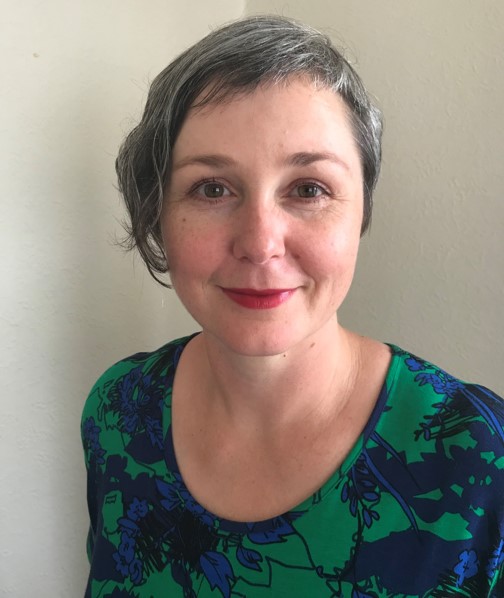
 |
Dr Kylie Julian MBChB, FANZCA, FCICM Intensivist, Critical Care Complex, Middlemore Hospital, Auckland, NZ |
|
Kylie is an intensivist in the Critical Care Complex, Middlemore Hospital. Since 2011 she has been a member of the bereavement follow up group. This is a multi-disciplinary group that provides focussed follow up to families who have suffered bereavement in the Critical Care Complex. Kylie also interested in mentoring and the welfare of trainees.
Bereavement Follow Up – Do Good Intentions Result in Good Outcomes? The death of a family member in intensive care is a particularly stressful event. At a time of great personal tumult and grief there is often a large amount of medical information to process. In many cases there is no on-going contact with the family by clinicians after a death. Family needs for information may be unmet. Lack of clarity about the circumstances of a death, a sudden death, or a death in traumatic circumstances all may contribute to complex and prolonged grief. The intensive care team may have role in helping remove barriers preventing grief following its normal trajectory towards adjustment. This is an area where intensive care teams have recognised a need, and are responding with good intentions. A survey of Australian intensive care units found less than a third provided structured bereavement follow up but over half of those who didn’t were considering implementing follow up. Bereavement follow up is advocated by a number of professional bodies, such as the ACCCM. Despite this, it is not clear from the literature how best to offer follow up. Evaluation of follow up is rarely described. When it has been evaluated, it is clear that some approaches may increase a family’s distress. This session will attempt to extrapolate from the available literature useful guiding principles for bereavement follow up.
|